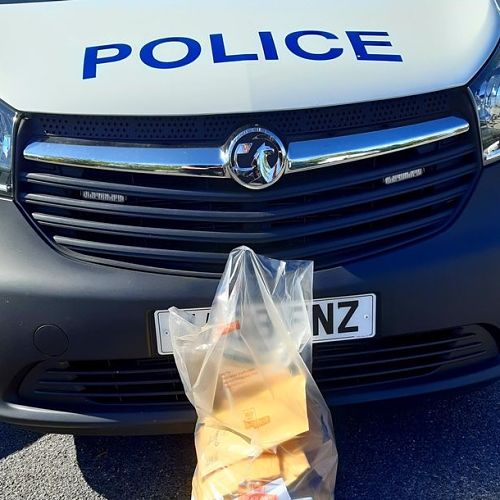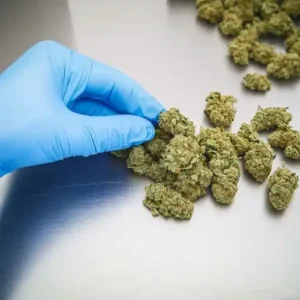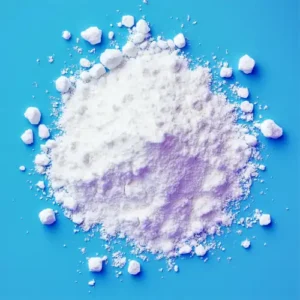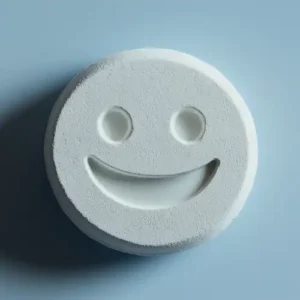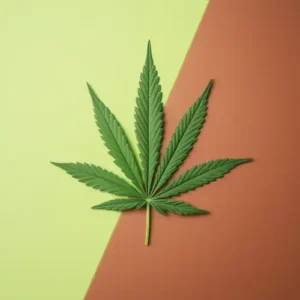The dark web is known for a lot of shady business, including the increase in illegal drugs being sent out from the Netherlands – one of the largest drug producers in the world – through packages in the post.
There has been a sharp increase in the Dutch customs authority seizing packages from the postal services, an increase that the authority warns is a sign of a growing trend they are having trouble cracking. Worldwide, the increased, easy availability of drugs through the dark web is causing serious concern.
The amounts of amphetamines and ecstasy found hidden in the post has tripled in recent years, going from 137kg in 2016 to 460kg last year. As large as those numbers are, they are considered just a small part in a bigger picture.
Seizures can only be conducted when a scanner detects irregularities in the letter or package and a magistrate must approve the request for the seized package to be opened so authorities can see what is inside.
Netherlands criminal organisations are some of the biggest producers and exporters of synthetic drugs. The drugs are shipped using trucks and sea containers, but lately there has been an increase in online purchases of these drugs. These online purchases are made possible by exploiting the postal service. Australia, New Zealand, and the US are the main purchasers of drugs outside of Europe.
The dark web is a collection of webpages that, unlike the regular internet, are kept on encrypted networks that can’t be accessed by regular browsers and search engines. It has become a major focus for police operations.
Agencies across the US, Canada, Europe, and the UK made 61 arrests last year, seizing around 300kg of drugs, 51 firearms, and a total of over €6.2m (£5.4) in cash after targeting 50 accounts connected to the dark web.
Dutch police warned last year that the Netherlands was beginning to become something of a “narco-state” as police forces are unable to effectively combat increases in organised crime and the overall criminal economy.
The Netherlands is known for their gedoogbeleid (tolerance policy) when it comes to selling cannabis and the legalization of prostitution. Critics of these policies claim that the Netherlands is being promoted as a drugs hub due to this tolerance.
Most of the ecstasy seized in the US and Europe is created in laboratories in the southern Netherlands. These drug labs are increasingly being run by Moroccan gangs who are involved in producing cannabis. Interpol say that around half of the total €5.7bn a year of cocaine seized in Europe comes through the port in Rotterdam.
Customs authorities in the US and Australia say they take extra care when examining packages from the Netherlands. Four men from Bunssumm, Limburg, were arrested last year for their alleged involvement in trafficking drugs through the dark web and postal service.
Drug Seizures Quadruple During Lockdown
As countries began to lockdown in 2020, in an attempt to control COIVD-19, drug users began to lose access to their normal suppliers for drugs. This resulted in an alarming increase in Dark Web drug sales with the drugs being shipped into domestic homes through the postal service. Interception of drugs by Royal Mail began to increase. In Jersey, drugs were being picked out of the postal system by authorities at four time the amount than would normally be expected.
In Ireland. €110,000 worth of drugs, including cannabis and tablets, were seized at a Dublin mail centre in March 2021. In the UK, Plymouth police issue a stern warning ‘don’t send your drugs through the post – we’ll find it’. This was after nabbing dozens of packages, containing mainly cannabis, which were intercepted by the Royal Mail’s Plymstock sorting office staff.
Photo by Sgt Roger Hocking/Twitter
Zoom Testing is a leading UK drug testing company and a supplier of Drug Test Kits.
This post was originally published in April 2019.

